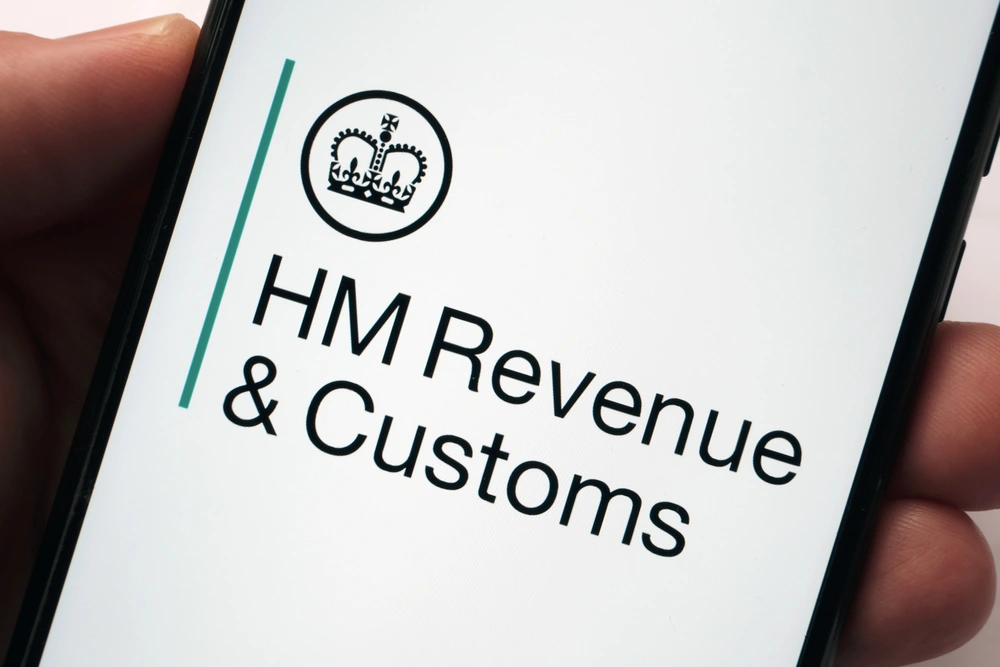If a company carries out a hard inquiry on your credit history it might affect your credit score, making it harder to get credit in the future. Here's how you can increase your credit score after a hard inquiry.
Whenever you apply for credit, your credit record gets checked by the lender. Applying for a mortgage, a credit card, a bank account, and even a mobile phone contract will result in a credit history search. There are two types of inquiry that lenders can make. A soft inquiry or a hard inquiry.
What is a hard inquiry?
Hard inquiries (aka a hard search) are in-depth searches of your complete credit history. They’re recorded on your credit file and are visible to anyone who might search your credit file afterwards. A hard inquiry will stay on your credit file for around a year.
What is a soft inquiry?
A soft inquiry (aka a soft search) is a brief look at the most important information to help lenders make a decision on your creditworthiness. Soft inquiries aren’t visible to other lenders. If anyone else searched your credit file afterwards, they wouldn’t see evidence of soft inquiries. Only you can see them.
How will it affect me?
The problem with hard inquiries is that too many of them can indicate you’re having problems with debt or with obtaining credit. Lenders might see several hard inquiries as evidence that you’re desperate for credit, or that you’ve recently had credit declined.
You should also be mindful of what credit you’re trying to take out. For example, if you apply for a mortgage, a new credit card and a new car all at once, then you would have three hard inquiries on your account. This could show that you’re trying to take on too many credit commitments which you’re not used to paying. Lenders would look at how recently you applied for these to make a decision.
One or two hard inquiries probably won’t hurt. If you’ve had more, here’s what you can do to try an improve your score:
1. Stop applying for credit
Try not to apply for credit more than once every three or four months. A flurry of hard inquiries in a short space of time can be a red flag to lenders. Spreading credit applications out will reduce the damage to your credit score.
2. Ask the lender if they can do a soft inquiry
It’s worth asking the lender what type of inquiry they’ll perform. Sometimes they’ll do a soft inquiry to get an idea if you’re likely to be accepted for credit or not. If they’ll only do a hard inquiry, you get the chance to decide whether to go ahead or not. Eligibility checkers use soft inquiries.
3. Keep making regular payments
Make sure that any existing credit agreements are being paid on time every month. Seeing a stable payment history will boost your creditworthiness with lenders. If you make regular rent payments, you can connect these to your credit file to help your score. If you do this, be sure to make the payments on time each month or it could have a negative effect.
Look into Experian Boost to see how regular outgoings like council tax and Netflix payments can help your credit score.
4. Are you on the electoral roll?
Proof that you’ve registered on the electoral roll is an important factor for lenders when they’re looking for identity confirmation. If you’re not on the electoral roll or your address needs updating you can do this here.
5. Use your existing credit wisely
Lenders like to see you’ve got some credit. It’s a sign you’re creditworthy. But if your cards and overdrafts are at their limit it will go against you. Using over a certain percentage of your available credit could be seen as a sign that you’re relying too much on credit or starting to. It’s best to keep your total credit utilisation around 20% to 30%.
6. Get to know your credit score
Different credit reference agencies use different methods of scoring, meaning your credit score will vary between them. However, by keeping an eye on your credit file with each of them you can make sure it’s as healthy as it can be before applying for credit. If you think your credit history needs some improving you can work on this before applying for credit, thus saving a potential hard inquiry being recorded.
Here are a few more things to look out for on your credit history.
Disclaimer: We make every effort to ensure that content is correct at the time of publication. Please note that information published on this website does not constitute financial advice, and we aren’t responsible for the content of any external sites.








